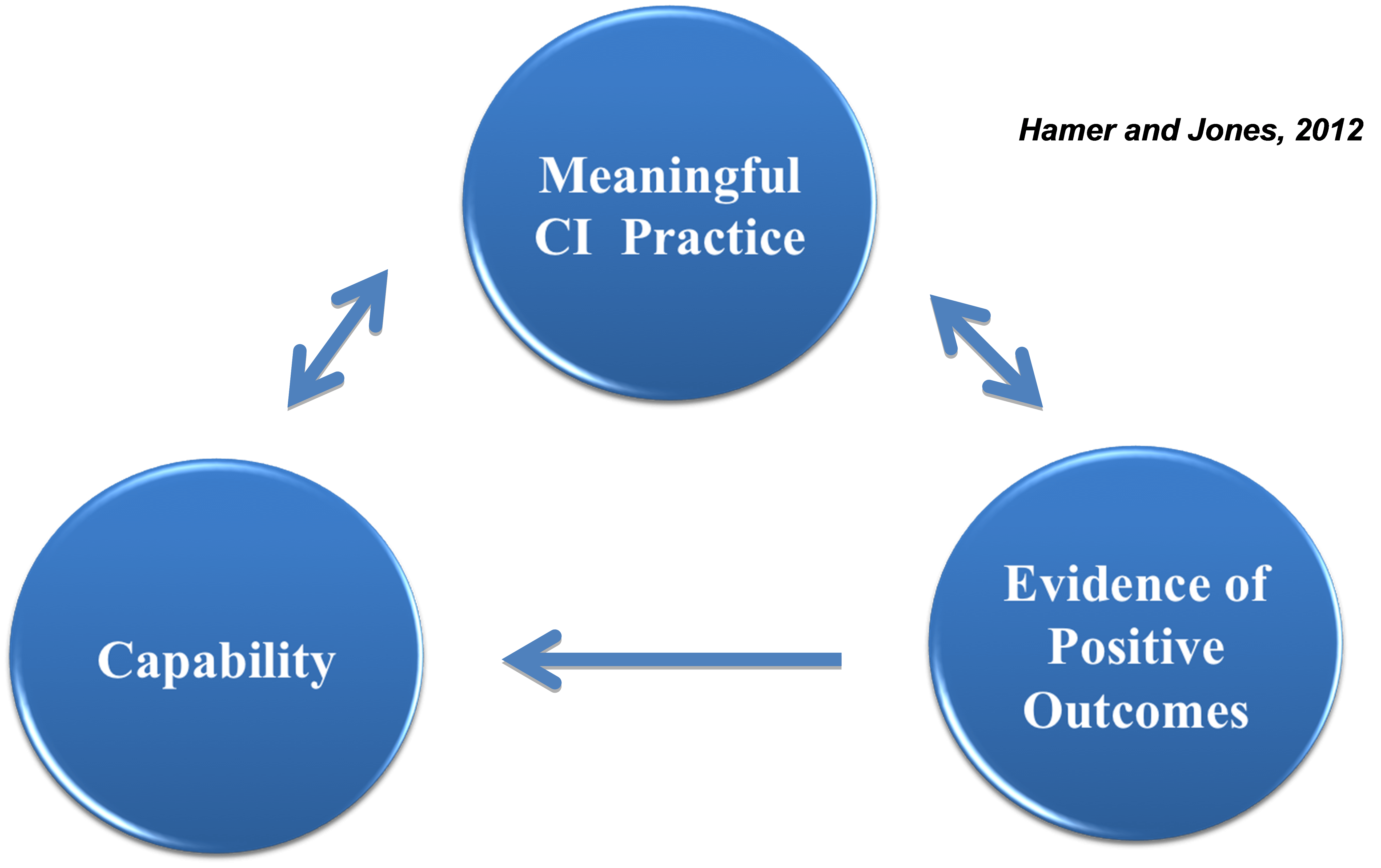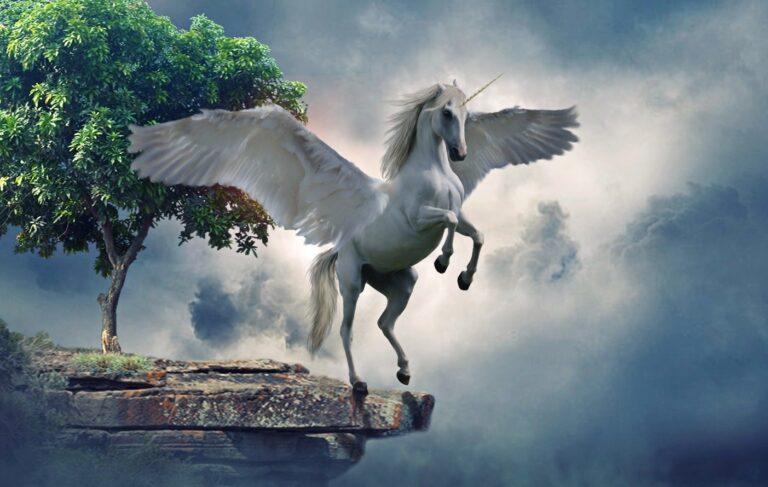Game Theory challenge: Can you predict human behavior?
Given a range of integers from 0 to 100, what would the whole number closest to 2/3 of the average of all numbers guessed be? For example, if the average of all guesses is 60, the correct guess will be 40. The game is played under conditions known to game theorists as “common knowledge:” every player has the same information— they also know that everyone else does too. Lucas Husted explains the Game Theory challenge for predicting humn behavior in this thought-provoking video.







